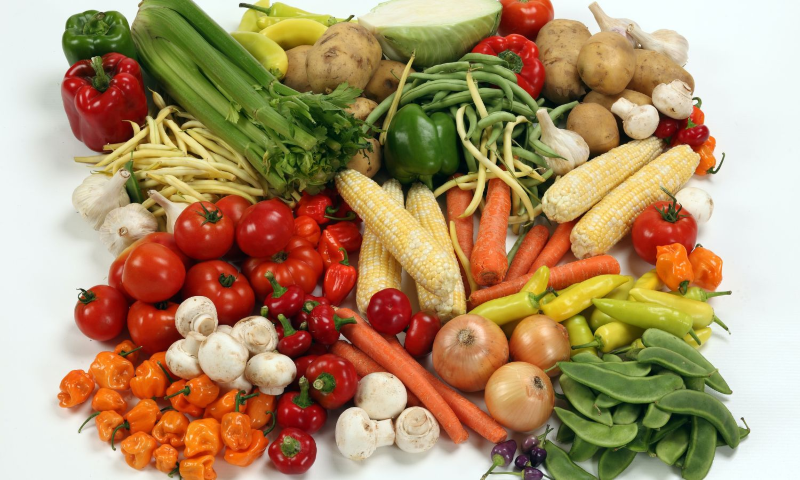
Climate Caucus webinar spotlights municipal action on climate-resilient food security, emphasizing partnerships and sharing success stories. (Food Tank)
A recent webinar hosted by Climate Caucus, a Canadian non-profit organization, delved into the crucial intersection of climate-resilient food security and municipal action. Part of the series "Increasing Affordability Through Municipal Climate Action," the online event featured insights from Laura Schnurr of the Tamarack Institute, Alex Lindstone of Climate Caucus, and Justine Dainard from Guelph’s County of Wellington. The speakers emphasized the pivotal role of Canadian municipalities in addressing climate resilience and ensuring access to food, underscoring the importance of collaborative partnerships.
The Agri-Food Analytics Lab's projections for 2024 indicate that average Canadian families of four will experience an increase of CAD 701.79 in their annual food expenditure, rising from CAD 15,595.21 in 2023. This surge in costs is attributed in part to the impact of natural disasters linked to the climate crisis, such as floods and wildfires. Advocates acknowledged the imperative for sustainable food systems, with municipal governments identified as potent agents for implementing meaningful change.
The webinar spotlighted the commendable efforts of the City of Guelph in establishing a local circular food system. With a population of 120,000, the city's commitment to transforming food waste into a source of food security earned it the prestigious Canada’s Smart Cities Challenge in 2020. The winning initiative, named Our Food Futures, seamlessly integrates objectives like access to affordable and nutritious food, climate action, sustainability, healthy communities, business innovation, and social partnerships, according to Schnurr.
Under Our Food Futures, 150 organizations, including the SEED, the Second Harvest Food Rescue App, and Community FEWD, collaborated to collect and distribute food waste. Additionally, partnerships with the municipality's health organization facilitated the prescription of fresh produce to patients. Dainard, serving as the Smart Cities Project Manager in Wellington, emphasized the project's commitment to incorporating diverse perspectives.
The program also extended its support to a regenerative agriculture pilot in Alberta, recognizing the importance of assisting farmers in transitioning to sustainable practices for regional security. Dainard emphasized that such measures enhance resilience against the impacts of climate change. As the global food system faces challenges in feeding an ever-growing population amidst global uncertainties, local food systems are positioned as frontline efforts in community sustenance.
Drawing from the success of the regenerative agriculture pilot, Wellington compiled valuable insights into a handbook designed for other municipalities. The speakers stressed the significance of collaborative endeavors with organizations, businesses, indigenous leaders, and government bodies across Canada to effectively address the pressing issue of food accessibility amid the ongoing climate crisis.















